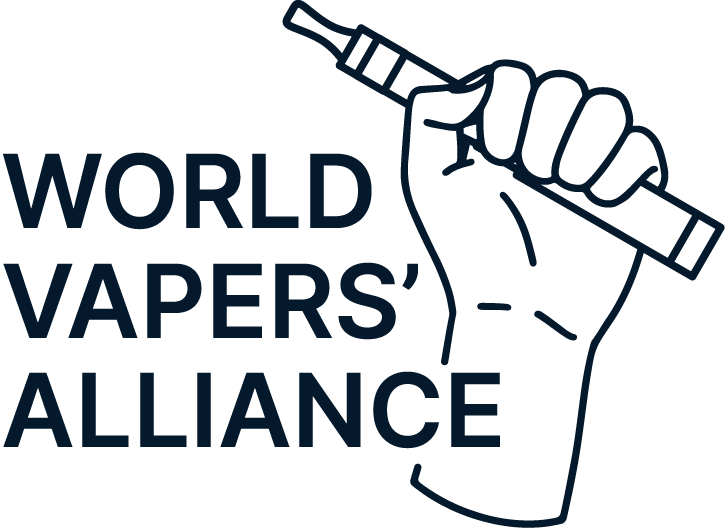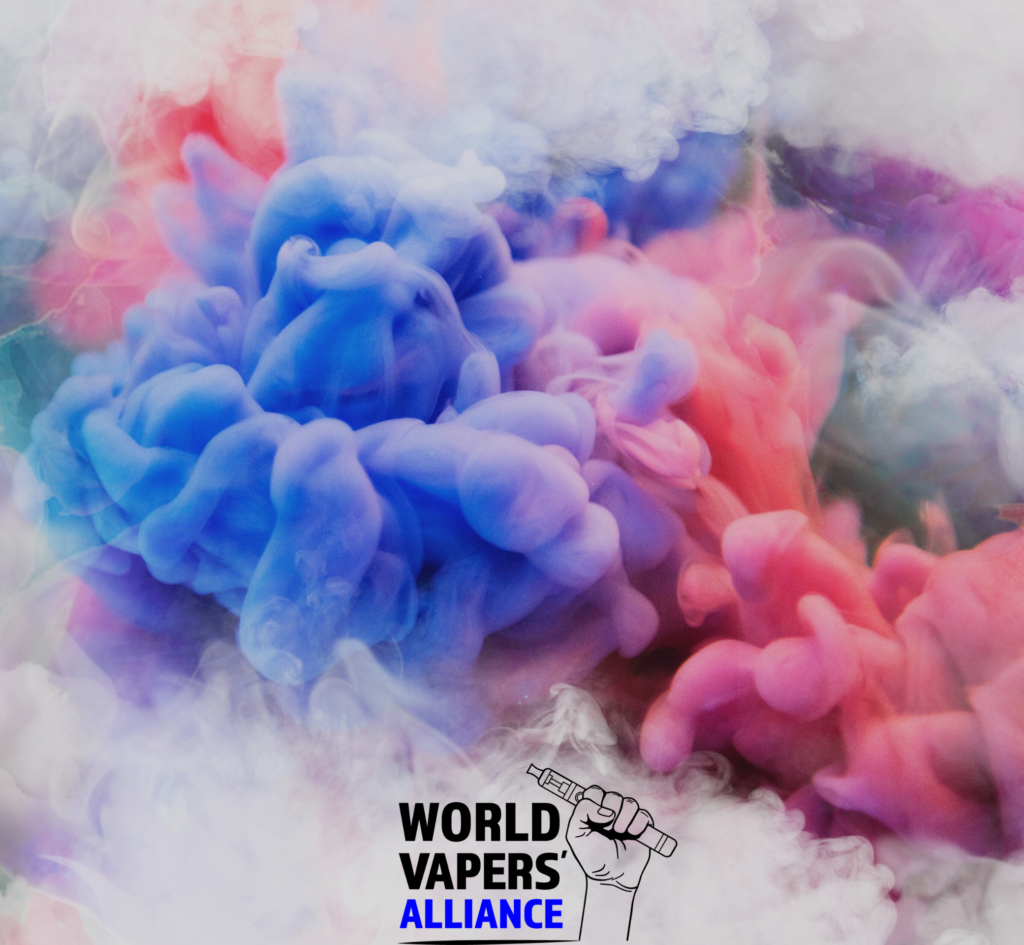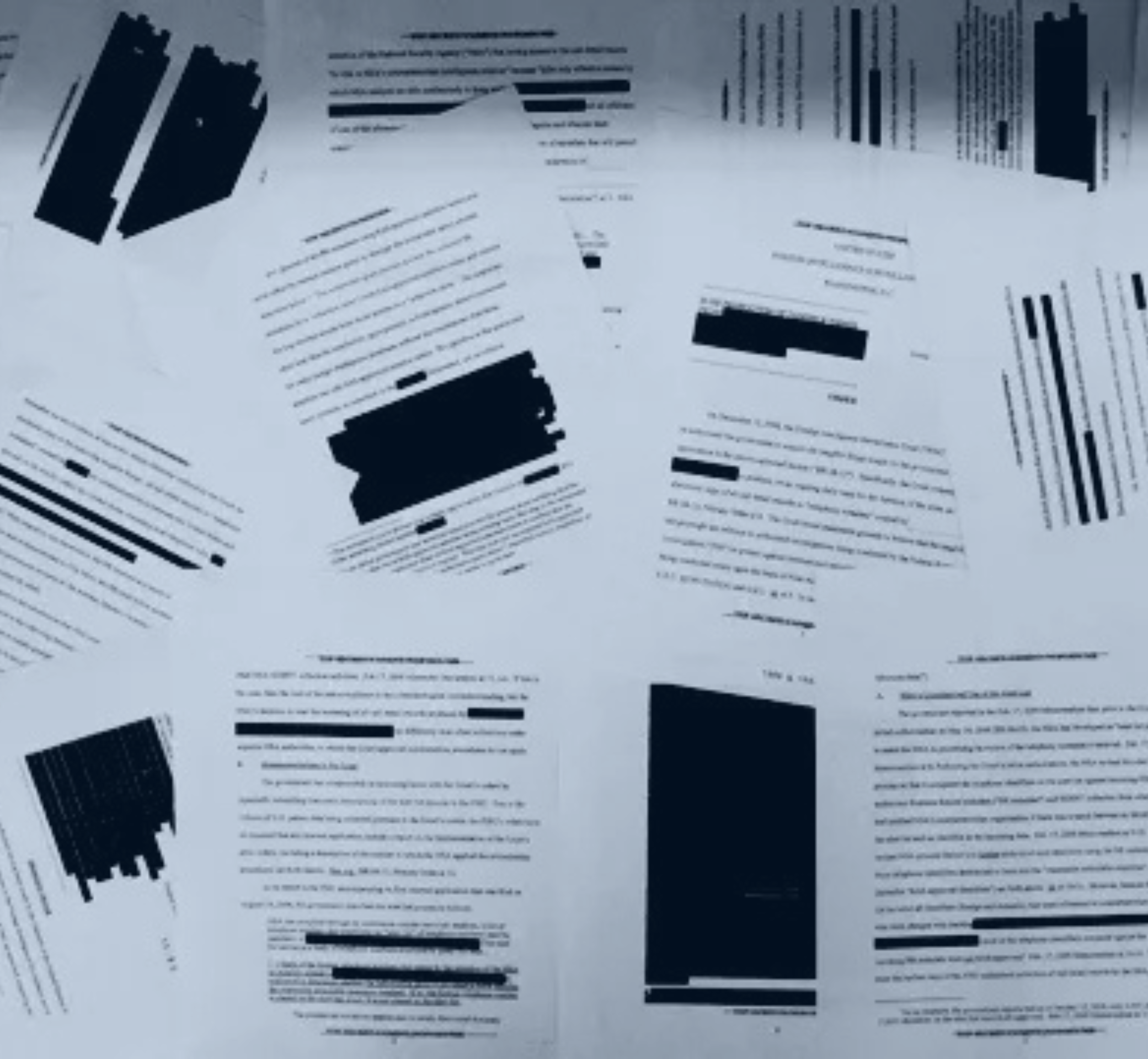Ten USVA (Amerykańskie Stowarzyszenie Vapingu), stowarzyszenie handlowe reprezentujące przemysł małych urządzeń do waporyzacji pozywa FDA.
Ten proces sądowy kwestionuje ostateczną wersję przepisów PMTA, ponieważ FDA nie uwzględniła należycie wpływu, jaki ten pozornie niemożliwy i kosztowny proces będzie miał na małe firmy. W przepisie uznającym FDA wyraziła pogląd, że wnioskodawcy o dopuszczenie do obrotu waporyzatorów będą mogli w znacznym stopniu polegać na danych publicznych lub na 70 badaniach, które sama FDA prowadziła w tamtym czasie. Ostatecznie FDA opracowała niemożliwie uciążliwe przepisy PMTA, które pozbawiają wiele osób z tej branży możliwości prowadzenia działalności. Mimo to FDA twierdziła, że nie będzie to miało znaczącego wpływu na małe firmy.
Pozew domaga się zadośćuczynienia dla tych firm, które są członkami USVA. Zadośćuczynienie, o które wnosi pozew, jest następujące:
- Stwierdzić, że ostateczne przepisy PMTA naruszają ustawę o elastyczności regulacyjnej;
- Odesłanie ostatecznego rozporządzenia PMTA do FDA; i
- Nakazać FDA powstrzymanie się od egzekwowania ostatecznego rozporządzenia PMTA wobec jakiegokolwiek członka USVA i podjąć działania niezbędne i właściwe w celu naprawienia naruszeń wynikających z faktycznego lub usiłowanego egzekwowania; i
FDA nie tylko nie stworzyła ścieżki dla małych firm poprzez wnioski FOIA za pośrednictwem Magazynek filtra dowiedzieliśmy się, że priorytetowo traktowali producentów z największym udziałem w rynku, firmy, które wyraźnie dysponowały środkami, aby pozwolić sobie na przejście całego procesu PMTA, a nawet pozwalali tym firmom na wprowadzanie zmian w zgłoszeniach, w przypadku których mniejsze firmy otrzymywały jedynie MDO.
Dalsze wnioski FOIA za pośrednictwem Filtr Pokazuje nam, że kiedyś FDA pierwotnie zamierzała rozpatrywać wnioski dotyczące PMTA w zupełnie inny sposób. W sierpniu 2020 roku opublikowano memorandum zatytułowane “Podejście do łączenia i łączenia w celu przeglądu PMTA w e-płynach ENDS Open”. Poniższy komunikat w tym memorandum pokazuje, jak mogłoby to wyglądać dla małej branży e-papierosów.
“FDA przewiduje, że znaczna część wniosków PMTA ENDS w okresie zgodności będzie obejmować otwarte e-płyny zawierające od setek do tysięcy produktów różniących się CF [charakteryzującym smak], stężeniem nikotyny i PG:VG [glikol propylenowy i gliceryna roślinna] wskaźnik oparty na liście składników tytoniu przesłanej przez producentów i importerów wyrobów tytoniowych” – czytamy w notatce. “Aby zwiększyć prawdopodobieństwo, że więcej wyrobów tytoniowych zostanie poddanych przeglądowi i otrzyma zamówienia marketingowe przed końcem okresu zgodności, Biuro Nauki (OS) wdraża podejście oparte na łączeniu w pakiety dla otwartych e-płynów PMTA”.”
Do 2021 roku standard ten został odrzucony i zastąpiony standardem “Fatal Flaw”. Ten nowy standard był śmiertelnym ciosem dla branży i ostatecznie doprowadził nas do obecnego stanu.
Jeżeli FDA nie zrobi tego, do czego jest prawnie zobowiązana na mocy RFA (Ustawa o elastyczności regulacyjnej), należy wziąć pod uwagę wpływ tego na małe przedsiębiorstwa i stworzyć ścieżkę, która będzie dla nich wykonalna, wówczas branża nie będzie miała innego wyjścia, jak tylko pozwać je ponownie do sądu.








2 odpowiedzi